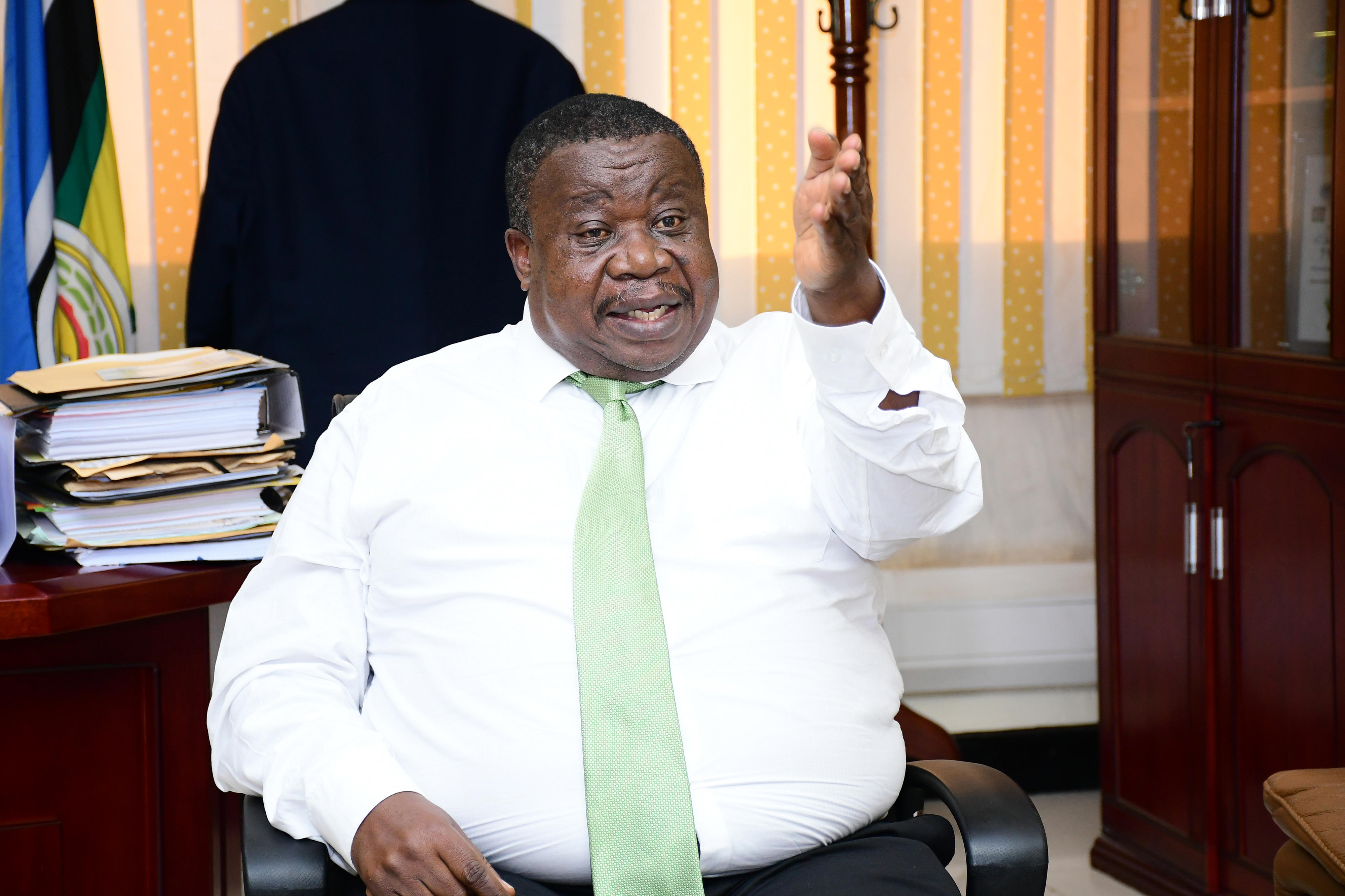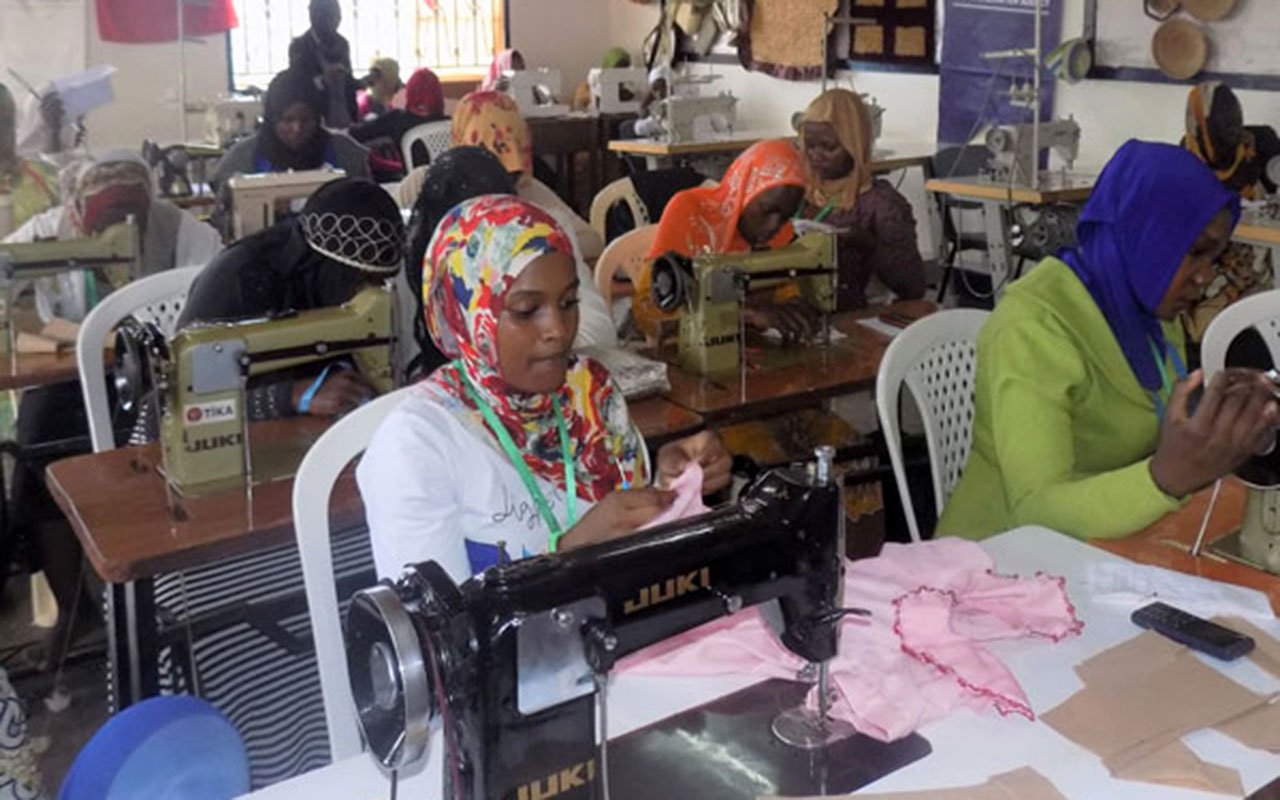Let diplomatic passports be for the right people

Mr Simon Mundeyi, the Internal Affairs spokesperson, displays Ugandan passports at the ministry’s headquarters last year. PHOTO | FRANK BAGUMA
What you need to know:
- The integrity of Uganda’s diplomatic missions depends on the credibility of the individuals we send abroad. Diplomatic passports should be seen as a tool for those genuinely serving the nation’s interests, not as a status symbol for the well-connected.
Recent reports that the Ugandan government is investigating the issuance of diplomatic passports to ordinary citizens are both alarming and necessary. Diplomatic passports, meant to facilitate official state business abroad, should be granted to a select group of individuals with specific roles in the government or related diplomatic fields. When such privileges are extended to those who do not qualify, the integrity of Uganda’s diplomatic standing is put at risk, and our passport system as a whole is undermined.
Diplomatic passports are not just symbolic. They confer privileges, including visa exemptions, access to VIP lounges at airports, and often, expedited services while abroad. These benefits are designed to ensure Ugandan officials can conduct their business efficiently without unnecessary delays. However, granting such advantages to ordinary citizens diminishes their exclusivity and opens the door to abuse, exploitation, and potential diplomatic tensions with other countries.
According to Internal Affairs Minister Kahinda Otafiire, the investigation follows concerns that some undeserving individuals may have received these passports. If proven true, this would signal a worrying trend of undermining national policies for personal gain, whether through political connections, financial influence, or corruption.
This is not just a matter of who carries a particular document, it is about what that document represents. A diplomatic passport symbolises the trust that Uganda places in its representatives on the global stage. When the issuance process is compromised, it risks not only the misuse of privileges but also the reputation of Uganda as a country that follows international protocols and respects the sovereignty of other nations.
The government’s decision to investigate is a positive step. But more than just uncovering wrongdoing, there must be reforms to ensure such incidents do not happen again. Stricter vetting processes should be implemented, with greater transparency on who is eligible for diplomatic passports and why. The public deserves to know that national resources are being used appropriately and that privileges like diplomatic passports are not being handed out as favours.
This issue also raises broader questions about governance in Uganda. If diplomatic passports can be misallocated, what other state resources are similarly vulnerable? Tackling the diplomatic passport scandal must be part of a larger effort to root out corruption and ensure public resources are used for the benefit of all Ugandans, not just a privileged few.
Ultimately, the integrity of Uganda’s diplomatic missions depends on the credibility of the individuals we send abroad. Diplomatic passports should be seen as a tool for those genuinely serving the nation’s interests, not as a status symbol for the well-connected. It is time for the government to take firm action to restore trust in the system. The investigation is a start, but the real test will be in the reforms that follow. Uganda’s reputation on the international stage deserves no less.




